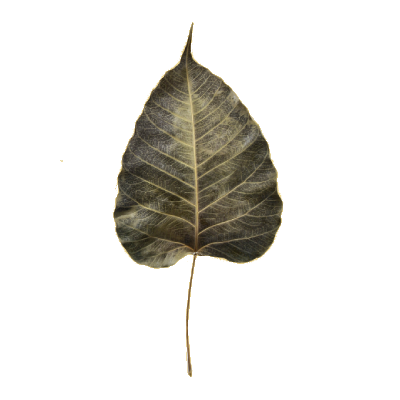Translated from 修行为什么要放松身体?- 法心尊者答疑 第151问,approved by author.
Q:
礼敬尊者!
我在打坐的时候,感受到自己的肩膀会时不时的紧张起来,虽然我也尝试多次去放松它,但是一不小心,它还是会再次紧张起来,该怎么办?
Greetings, Venerable Sir!
When I sit, I feel that my shoulder will tense up from time to time. Although I have tried to relax it many times, it will tense up again if I am not careful, what should I do?
A:
你在放松身体,就是暂时地感觉到你身体已经放松下来之后,你要去关注心里的问题,就是我刚刚说的烦恼是有层次的, 因为你身体的紧张一定是由你心里的紧张所导致的。
When you relax your body, I mean, when you temporarily feel that your body has been relaxed, you need to pay attention to the tension in your mind, that is, I just said that there is a hierarchy of worries, since the tension in your body must be caused by the tension in your mind.
为什么我们要放松身体呢?因为它就像一个壳一样,让你看不到更深的问题;你把这个壳剥掉了,你内心的问题才能显现出来。所以你身体放松下来之后,有的时候你心里有一种焦虑感,因为它开始不协调了。
Why do we need to relax the body? Because it’s like a shell that keeps you from seeing deeper problems; you peel off that shell so that your inner problems can be revealed. So after you relax your body, there are times when you have a feeling of anxiety in your mind because it starts to be out of alignment.
你习惯的是,你的心一紧张,你的身体就跟着紧张。然后你身体放松下来之后,你的心就会觉得不协调,因为它还在紧张。这个时候你就转过来看心里的紧张感,仔细地体会它——因为这个才是根本的地方——看能不能放松心里的这种焦虑。
What you were used to was that when your mind tensed up, your body followed. Then after your body relaxes, your mind feels dissonant because it’s still tense. At this time you turn back to see the tension in your mind, and carefully experience it – because this is where the root is – and see if you can relax this anxiety in your mind.
然后过一会儿你可能身体又紧张起来了,再回过头来接着放松身体,放松下来之后再回来看你的心。
Then after a while your body may tense up again, and you come back and proceed to relax your body. After you relaxed the body, come back to your mind again.
你的心焦虑不安的时候,它就像抓成一团那种感觉。你要去看到这个问题,是因为它才导致你的身体放松不下来,或者说你放松下来了,它又紧张了。
When your mind is anxious and restless, it’s like scratching into a ball that kind of feeling. You have to recognize this. This is the cause that prevent your body from relaxing, or when you have relaxed, it tenses up again.
———
就像治病一样,治病也是分表里的。身体的紧张是表面的问题,这个也是要治的,对吧?像你发烧一样,你要退烧,之后你要去解决里面的问题,对吧?
Just like treating a disease, there is also a difference between the surface and the inside of the disease. The tension in the body is a surface problem, and this has to be treated as well, right? Like when you have a fever, you have to reduce the fever, and after that you have to go to the problems inside, right?
修行也是一样的,你身体放松下来之后,如果里面的问题没解决,它是会反反复复的。所以你要尝试着去更深一步地解决内在的问题,解决你心里的问题,心里的紧张感。然后还要更深,修行是不断加深不断加深的。直到最后你彻底地把最深处的(烦恼)解决掉了之后,那就是涅槃。
It’s the same with practice. After you relax your body, if the problem inside is not solved, it will go back and forth. So you have to try to go deeper to solve the inner problems, to solve the problems within your mind, the tension in your mind. And then go even deeper. The practice is ever-deepening and ever-deepening. Until finally, after you have completely resolved the deepest (worries), that is nirvana.
———
所以佛陀有时候会拿芭蕉树举例,就是一层一层地剥。我们中国人可能不太熟悉芭蕉树,就跟洋葱差不多,就是一层一层地剥、剥、剥,就是这样的。不要只是剥表面那一层,你剥完了,你觉得表面那层没啥可剥了,你就往里头剥。
So sometimes the Buddha would take the example of the banana tree, which is peeled layer by layer. We Chinese may not be familiar with the banana tree, it is similar to an onion, that is, peel, peel, peel layer by layer, that is how it is. Do not just peel the surface layer, like you peeled the surface layer, and you think it’s done, there is nothing left to peel. You shall keep peeling inward.
然后有的时候又紧张起来,身体又重新紧张起来了。那好,再回过来重新放松身体。就是这样不断地去训练。
Then there are times when you tense up again, your body tenses up again. Well, then come back to relax the body. This is how you keep practicing.
Translated with http://www.DeepL.com/Translator with amendments.
